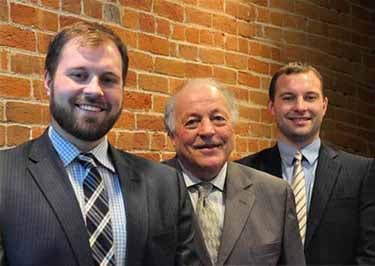People often use the terms estate plan and last will interchangeably, but they are actually separate things. A last will is a specific document that gives a testator the ability to bequeath specific property to other people when they die. It is commonly one of the documents included in a more thorough estate plan.
An estate plan involves many different documents, including a last will, a living will and possibly trust documents as well. Estate plans address not only what happens to your property when you die but also what happens to you and your assets if you experience some kind of incapacitating event.
Additionally, a well-considered estate plan can dovetail with your retirement plan to maximize your protection, minimize tax liability and assist you in qualifying for state aid if you have severe medical issues as you age. What should you consider including in your estate plan?
You will want to include a last will and a living will
Making a last will ensures that your property will transfer to the appropriate people if something happens to you. The last will protects the people you love from financial devastation after your death. A living will protects you if something happens that injures or sickens you but doesn’t kill you.
A living will usually includes power of attorney documents and an advance medical directive. You may have one power of attorney or several, depending on your needs and circumstances. These documents give someone else or several other people the authority to conduct business, access financial accounts and possibly make medical decisions on your behalf.
An advance medical directive explains your preferences when it comes to medical care, which can be important because your loved ones may not remember the details of your preferences in a stressful situation.
Some people find that they need a trust in their estate plan
There are many reasons that people include trusts in their estate plans. Some people use them because they have significant assets that would be subject to taxation. Others use a trust to diminish their property so they can qualify for Medicaid as they age. Trusts can also be useful if you have children with addiction issues or bad marriages, as well as loved ones with special needs or a desire to leave money to charity.
Really thinking about the legacy you want to leave behind and the protections you need now and in the future will give you a better idea of what specifically you need in your estate plan.



